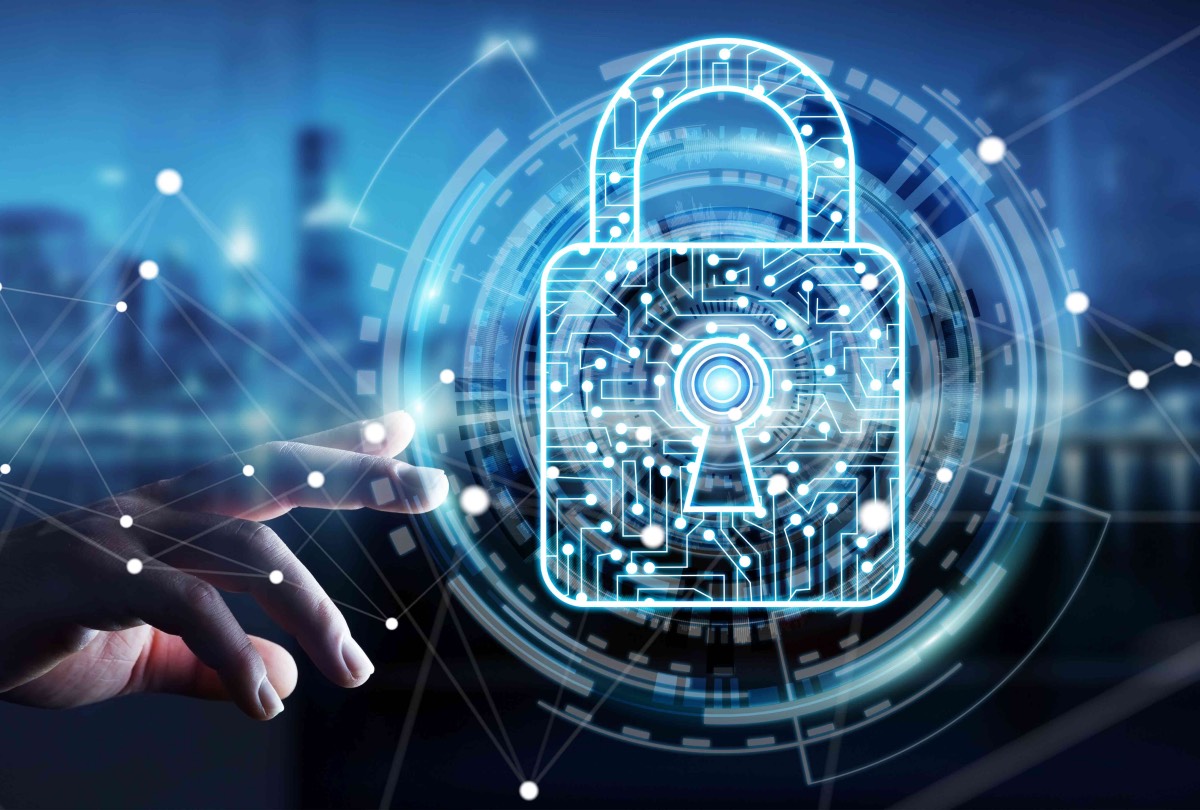[dropcap]W[/dropcap]ith hacks, scams, malware and more, the Internet can feel like a dangerous place these days. And, the recent proliferation of devices, from smartphones and tablets to Internet-connected appliances, has opened us up to even greater risks.
But the good news is that by taking just a small handful of security measures we can greatly reduce our exposure to all these threats.
Here are some tips to help you get started:
Avoid Awoof WIFI
Don’t just jump on free WiFi at restaurants, coffee shops, and other public places, forgetting that the network may have been compromised and that could give a fraudster all the time he needs to collect all your data.
Check the Site’s Security
When shopping online, or visiting websites for online banking or other sensitive transactions, always make sure that the site’s address starts with “https”, instead of just “http”, and has a padlock icon in the URL field.
Create Strong, Unique and complex Passwords
Make your password a sentence: A strong password is a sentence or at least 12 characters long word that is composed of Alphabets, numbers and special characters.
Trust No one with your card details
Beware of anyone or any site asking for personal banking or card details like card Personal Identification Number (PIN). Quickteller will never ask for your PIN or any other personal details
Use your cards only on secure sites
Use your card for payment ONLY on secure websites like Quickteller. Anytime you pay bills or transfer money on Quickteller, the transaction is secured with 3-factor authentication-PIN, CVV2 and OTP.







